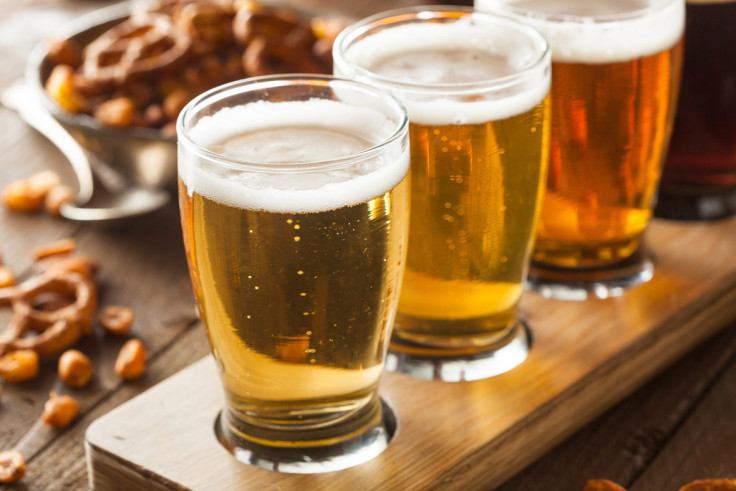Alcohol dependence tied to lack of key enzyme, reducing stigma for patients with addiction
People suffering from alcoholism may have lost the impulse control due to absence of an enzyme in the brain.

The lack of a key enzyme may be tied to alcohol dependence, scientists have said. Its absence in the brain means people have a harder time to control their impulses.
The findings are published in the journal Molecular Psychiatry.
They are based on years of research by the University of Linköping (Sweden) into alcoholism and other addictive illnesses.
Scientists there have investigated the origins of such diseases by conducting advanced brain research.
Indeed, it has long been hypothesised that alcohol dependence is linked to impaired brain function – in particular problems in the frontal lobes of the brain. However, no studies had managed to explain the molecular and neurological mechanisms responsible for such impairment.
After conducting a series of experiments on rats, the team identified an enzyme known as PRDM2, which had previously been studied in relation to cancer.
They showed that when it was switched off in nerve cells of the frontal lobe, alcohol dependency tended to develop. The animals appeared incapable to stop consuming alcohol, despite a negative impact on their health and well-being.
A look at PRDM2 production
The rats used in the study were made alcohol dependent. The researchers observed that the addiction was associated with a down-regulation of enzyme PRDM2 production, which stopped being produced absent from the brains' frontal lobe. This led to a disruption of the rats' impulse control.
The animals continued to consume alcohol, even if this was not pleasant for them. Stressed rats who had been dependent in the past were also more likely to relapse and turn to alcohol in the absence of this enzyme.
"PRDM2 controls the expression of several genes that are necessary for effective signalling between nerve cells. When too little enzyme is produced, no effective signals are sent from the cells that are supposed to stop the impulse," lead author Markus Heilig explains.
The next step of the research was to verify the role of PRDM2, checking whether it was a cause of alcohol dependence and not a consequence. by knocking out its production from the brains of rats with no alcohol dependence. The behaviour of these animals changed as a result, with a clear disruption of their impulse control – and a higher risk of developing an addiction.
New treatment, less stigma
The scientists hope that this discovery will lead to new studies on the topic, with the aim of coming up with new methods to treat alcoholism. They also believe that identifying biological causes to alcoholism will make it easier for society to accepts patients who suffer from the devastating addictive disease.
"We see how a single molecular manipulation gives rise to important characteristics of an addictive illness. Over the long term, we want to contribute to developing effective medicines, but over the short term the important thing, perhaps, is to do away with the stigmatisation of alcoholism," Heilig concludes.
© Copyright IBTimes 2025. All rights reserved.






















